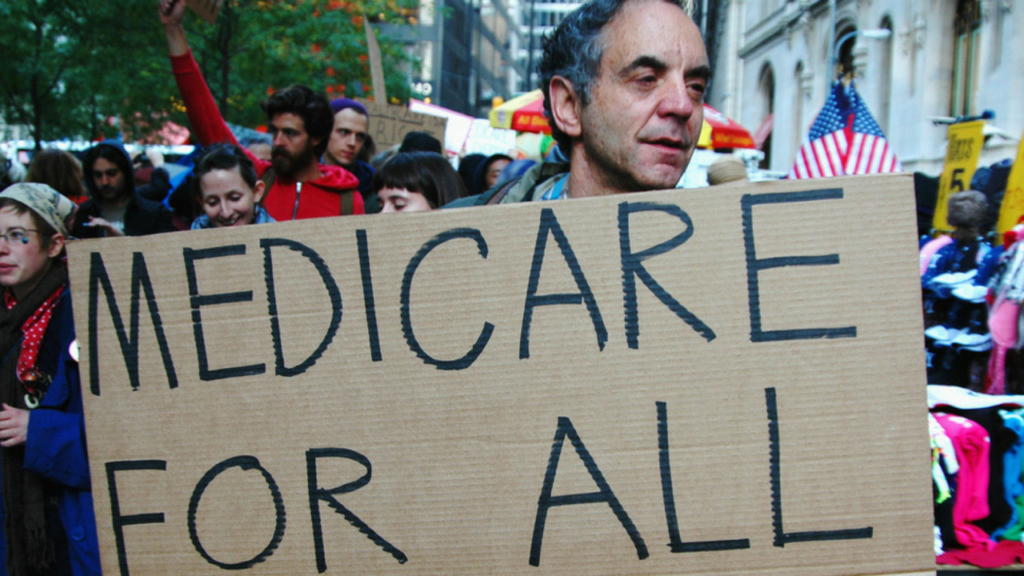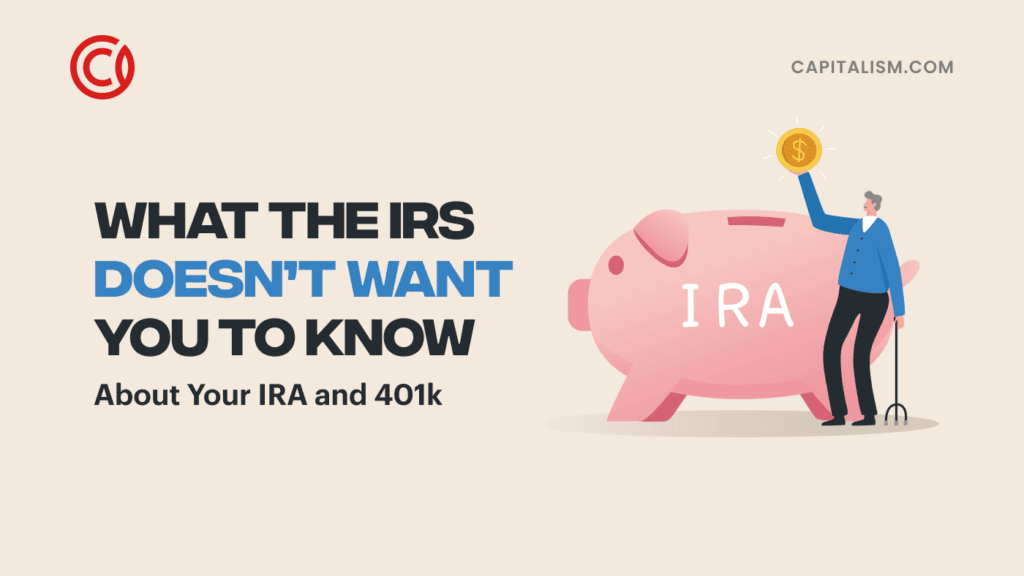The concept of "Medicare for all" has long been contested as a solution to solve the shortcomings of the American healthcare system.
In fact, many have considered a universal care model as the next step in ensuring delivery of health care services to low and middle-income Americans.
Vermont’s very own socialist, U.S. Senator Bernie Sanders, has become the poster child for socialized medicine in the United States. In an August 21 op-ed for Fortune, Sanders justified the "Medicare for all" model as a means for businesses to offer full care at competitive, patient friendly rates.
Sanders argued: “We need to guarantee health care for all. We need to do it in a cost-effective way. We need a Medicare-for-all health care system in the U.S.”
He cited that the current health care delivery system is focused more on large insurance companies, Big Pharma, and medical equipment suppliers making profits. Though the argument comes from a realm of valid concern, Sanders—like so many single-payer advocates—fail to understand that healthcare innovation can only work when competition and free market principles are at the heart of health care delivery.
"Medicare For All"
Sanders seeks to push for “Medicare for all” legislation in the U.S. Senate as a direct response to the GOP’s failure to repeal and replace the Affordable Care Act (a.k.a. Obamacare). House Democrats are also pushing a similar proposal; however, the lack of understanding of the benefits of a market-oriented health care system is apparent throughout the ranks of Congressional progressives.
To begin, “Medicare for all” is only enticing to so many people—like so many other single payer proposals—because it delivers care based on a model that only a select few are legally allowed to receive. Taking Medicare as the model in which a lay person may reference for a universal system, the system itself wouldn’t be able to support a broad-based population because of the lack of funding and the shortcomings of the current Medicare system.
Providers are abused with underpayment or fraudulent patients while fewer and fewer providers accept Medicare patients. And, on the patients’ end for Medicare, fewer claims are taken, it faces a multi-trillion-dollar unfunded liability cost. And, past single-payer systems have failed—miserably.
The Costs
Using a system like Medicare as a model for employer-based insurance options wouldn’t work either. Costs, contrary to what Sanders argues, would increase for individual patients, directly and indirectly.
A single payer system model would be a significant tax burden on businesses and employees, the delivery model would be heavily regulated, and the government would amplify managed care to a level that suggests that only public health experts know what's best for an individual's health.
Rather than private sector-driven health care solutions, a government monopoly would amount and could potentially regulate the nation’s health system in a fashion that is similar to that of the British National Health Service. In a Fortune response to Sanders, Dr. Robert E. Moffit of the Heritage Foundation wrote that a governmental monopoly is a collectivist approach to health care that is entirely unsustainable.
“The economic dynamics of a government health care monopoly… are tiresomely familiar: broad-based and heavy taxation and the imposition of government cost controls,” Moffit wrote. “Those controls may take the form of an overall spending limit or reductions in payments to health and medical providers.”
Robert A. Book, a former health economist (also) from Heritage Foundation, argued similar sentiments in a 2009 report on single payer health options.
“The establishment of a "single payer" health care system would inevitably result in lower payments for physician and other health care providers,” Book wrote. “The immediate effect of having a single ("stingy") payer would be lower incomes for physicians and a reduction in the supply of active physicians, thereby impairing access to health care for all patients.”
Similarly, the single payer system could also threaten the access to and quality of care. Single payer systems would place benefit focus to healthy patients over those with advanced ages and threatening ailments.
The fear of a "Charlie Gard" scenario is also existent. Giving the legal authority of someone's health and life cycle to a central regulatory authority turns patients into commodities, not people in need of lifesaving.
Patients, insurers, and business owners wouldn’t have any say in what health care delivery would look like.
Ultimately, the mindset that would be adopted is one that places the government above the individual. That’s counter-intuitive thinking.
MORE POLICY ANALYSIS ON CAPITALISM.COM:
• Illinois Lawmakers Think $5 Billion Tax Won’t Drive Residents To Tax Friendly States
• Minneapolis Businesses Brace For Minimum Wage Hikes
• Dairy Pride Act Is Protectionist Government Intrusion In Declining ‘Milk’ Industry











